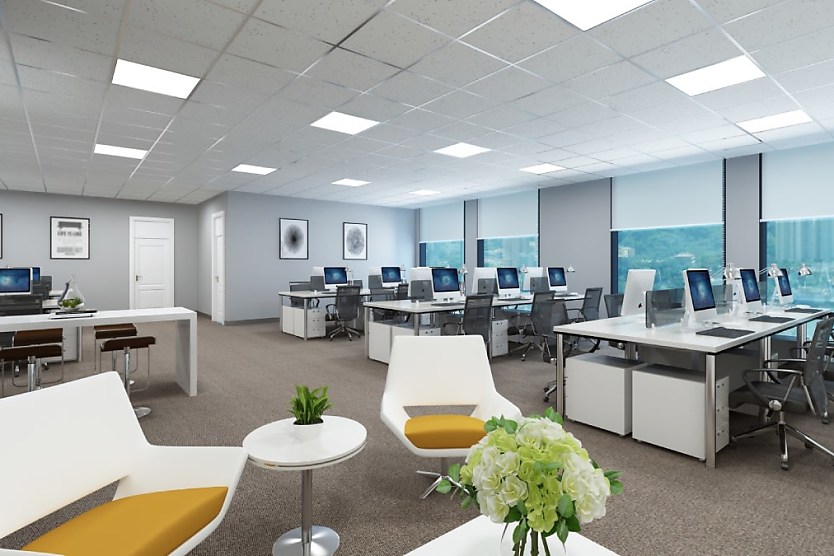Businesses encouraged to install sustainable energy solutions
SHARE THIS ARTICLE

A sustainable workplace is becoming more and more of a priority for businesses as consumers and employees alike gear towards more green providers.
Now, the NSW government is getting involved and encouraging businesses to move to sustainable energy solutions under the Energy Savings Scheme.
The NSW government described the initiative: “The NSW Energy Savings Scheme (ESS) provides financial incentives to install energy-efficient equipment and appliances in NSW households and businesses. Using more energy-efficient equipment puts downward pressure on electricity prices for all NSW households and businesses by reducing electricity demand.”
It’s reported that the delivery of cost-effective energy savings will help NSW to reduce emissions. The government has a goal of reducing them by 70 per cent by 2035 and net zero by 2050. The ESS has an energy savings target of 9.5 per cent in 2023, increasing to 13 per cent by 2030.
Under this scheme is the introduction of the NSW Small and Large Business Lighting Upgrades initiative, which aims to help businesses upgrade to more modern and energy-efficient lighting. This plan targets outdated lighting systems in businesses.
Joshua Liptak, chief executive of Efficient Energy Group (EEG), said: “NSW businesses that use less than 273kWh per day are eligible for a $33 co-payment LED upgrade under the Home Energy Efficiency Retrofit (HEER) scheme.”
Organisations exceeding the 273kWh threshold are classed as commercial lighting consumers. Mr Liptak noted they can still “access substantial rebates of up to 80 per cent on upgrade costs”.
Businesses can benefit substantially by taking advantage of greener energy. According to Harvard Business School, businesses that engage in sustainability can see benefits such as:
- You’ll protect your brand and mitigate risks.
- Being purpose-driven is a competitive advantage.
- There’s a growing market for sustainable goods.
- Cooperative action can drive change.
“Sustainability doesn’t mean sacrificing profits or putting success on the backburner. Instead, it has become a crucial element to any organisation’s successful strategy. A business that doesn’t factor in sustainability risks is less successful in several measures, including profitability, growth, and employee retention,” commented Harvard Business School.
Thankfully, sustainability has become much more commonplace in the modern workforce, with KPMG noting that Asia-Pacific companies are leading the charge.
“In recent years, we have witnessed a tightening focus on environmental, social and other non-financial factors that are critical for business’ long-term viability and success. Reinforced by increasing stakeholder demands for consistent and comparable data, there is now a robust momentum to move toward more harmonised non-financial reporting based on common metrics,” said Professor Klaus Schwab, founder and executive chairman of the World Economic Forum.
“There is still room for improvement when it comes to businesses reporting on their carbon targets, and social and biodiversity risks. It is, therefore, imperative for businesses to lead the charge for transparency in non-financial reporting practices, setting the example for those that are a step behind. As jurisdictions race to introduce mandatory non-financial reporting requirements, businesses should ensure their non-financial reporting methods and structures are in place to deliver returns for their stakeholders and drive progress on the UN Sustainable Development Goals.”
Jack Campbell
Jack is the editor at HR Leader.

